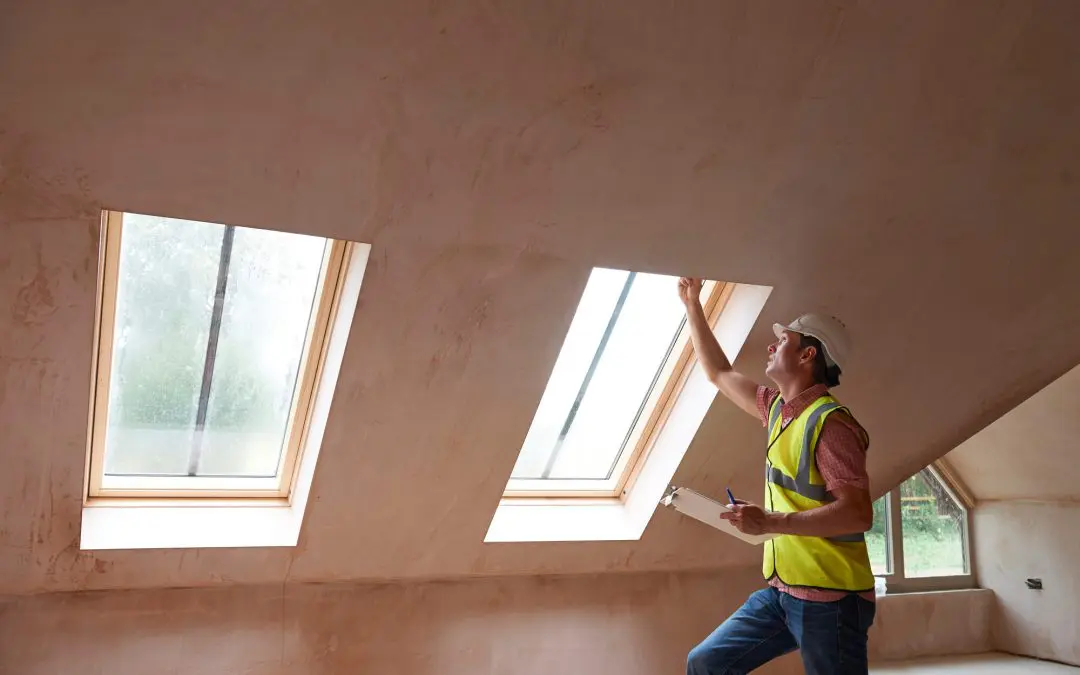There is often confusion among new homebuyers regarding the difference between a home inspection and a four-point inspection. While both inspections are essential in the home-buying process, they have distinct purposes and scopes. Understanding these differences is crucial for making informed decisions when purchasing a home. In this post, we’ll explain the key distinctions and why a home inspection is indispensable for new homebuyers.
The Scope of a Home Inspection
A home inspection is a thorough examination of the property’s condition, covering a wide range of components. It typically includes a detailed assessment of the home’s structural integrity, roofing, plumbing, electrical systems, HVAC (heating, ventilation, and air conditioning), and more. A home inspector will also evaluate the exterior, including the foundation, walls, windows, doors, and interior spaces, such as attics, basements, and crawl spaces.
During a home inspection, the inspector identifies existing or potential issues affecting the property’s safety, functionality, or value. This comprehensive evaluation gives homebuyers a clear understanding of the property’s overall condition and helps them make informed decisions. A home inspection report often includes detailed descriptions, photographs, and recommendations for repairs or further evaluations.
The Purpose of a Four-Point Inspection
A four-point inspection is a more limited evaluation that focuses on four critical areas of the home: the roof, electrical system, plumbing, and HVAC. Insurance companies typically request this type of inspection for homes that are 30 years old or older. The primary goal of a four-point inspection is to assess the risk of insuring the property by evaluating the age, condition, and remaining lifespan of these key systems.
A four-point inspection provides a snapshot of these four areas but doesn’t offer the same level of detail as a complete home inspection. It is designed to help insurance companies determine if the property meets their underwriting guidelines and to identify immediate safety concerns that could lead to potential claims.
Why a Buying Decision Should Not Be Based on a Four-Point Inspection
Relying solely on a four-point inspection when purchasing a home is risky. Here are several reasons why a comprehensive home inspection is essential:
- Limited Scope: A four-point inspection covers only four specific areas, leaving out many critical home components. Issues with the foundation, structural integrity, windows, doors, insulation, and more will not be identified, potentially leading to costly surprises after the purchase.
- Lack of Detail: Four-point inspections provide a general overview of the roof, electrical, plumbing, and HVAC systems but do not delve into the finer details. Problems that could affect the longevity and safety of these systems might be overlooked.
- No Comprehensive Report: Unlike a full home inspection, a four-point inspection report is typically brief and lacks detailed descriptions and photographs that help homebuyers understand the property’s condition.
- Insurance Focus: The primary purpose of a four-point inspection is to satisfy insurance requirements, not to provide a complete picture of the home’s condition. While it can highlight immediate concerns, it does not offer a holistic view of the property’s overall health.
- Potential for Missed Issues: By focusing only on four areas, significant problems elsewhere in the home may go unnoticed. This oversight results in unexpected repair costs and safety hazards that could have been identified with a comprehensive inspection.
The Value of a Full Inspection
A complete home inspection is a vital step in the home-buying process. It equips buyers with detailed knowledge about the property’s condition, allowing them to negotiate repairs or adjustments to the purchase price based on the findings. It also helps buyers plan for future maintenance and repairs, ensuring they are fully aware of the investment they are making.
While a four-point inspection is helpful in meeting insurance requirements, it should never replace a full home inspection when buying a home. A comprehensive home inspection provides a complete understanding of the property’s condition, ensuring you make a well-informed decision and invest in a safe, reliable home.
FAQs
How long does a home inspection take?
A typical home inspection takes about 2-4 hours, depending on the size and condition of the property.
Can I use the home inspection report to negotiate with the seller?
Yes, many buyers use the findings from the home inspection report to negotiate repairs or a reduction in the purchase price with the seller.
How much does a home inspection cost?
The cost of a home inspection will vary based on the size and age of the home and the location. You can typically expect to pay between $300 and $500.
Jamie Schaefer Professional Home Inspector provides services in Central Florida and the New York Metro area. Contact us to book an appointment.

